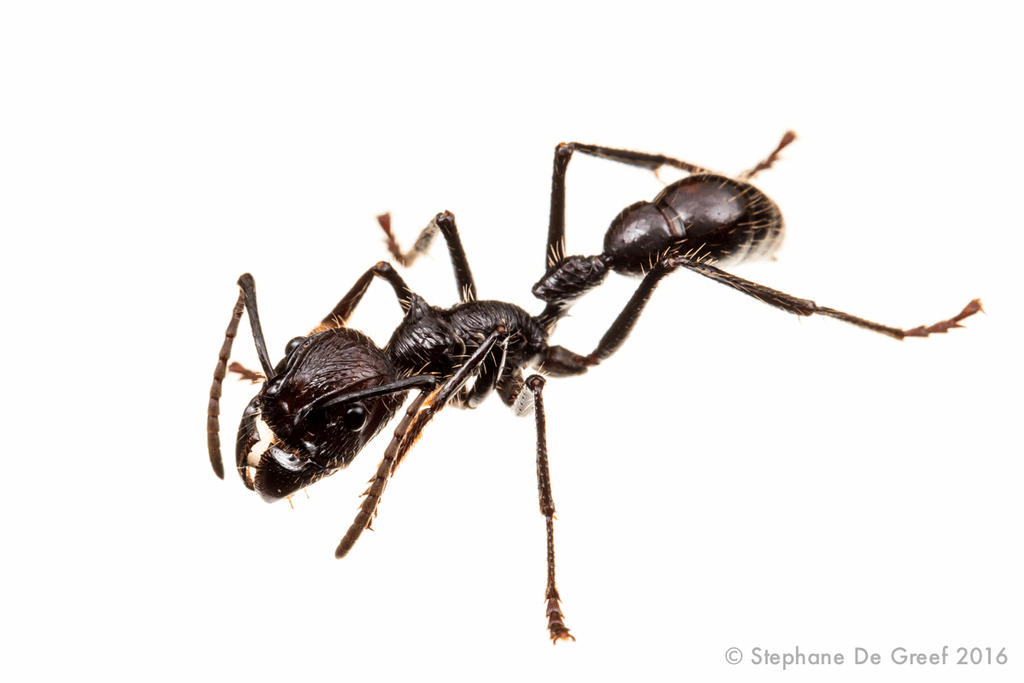Famous for its white coat, this apex predator hunts sheep, goats, bird, and livestock in the Himalayas
Snow leopard
Bordering the Great Basin Desert, this desert is the hottest summer location on Earth
Death Valley
Growing over 6 feet tall and up to 11 feet long, this American prairie giant can move its one ton body faster than an average horse when fleeing predators like wolves and bears
Bison
Wild coloration and highly choreographed mating dances are the calling cards of this diverse family of jungle birds
Birds of paradise
This vibrant coral region off Australia's coast is suffering due to the effects of pollution and rising ocean temperatures
Great Barrier Reef
The Rocky Mountains separate the US watershed to both the Pacific Ocean and Atlantic Ocean along this line
Continental Divide
The Atacama desert along Chile's coast is one of the driest places on Earth due to this atmospheric phenomenon caused by the nearby Andes mountain range
Rainshadow effect
Native to North American grasslands, this speedster is often mistaken for an antelope but is actually related to giraffes and okapi
Pronghorn
Located in the jungles of the Congo Basin, this is the genetically closest species to humans
Biologists identify specific whales by observing unique shapes and colorations on this body part
Fluke (tail)
Technically the heaviest member of the squirrel family, these alpine rodents can be found in the Alps, Sierra Nevadas, Himalayas, Rocky Mountains, Cascade range, and more
Marmot
The Bactrian camel calls this desert home in Mongolia and northern China
Gobi Desert
Sharing space in the African Savannah with elephants, lions, and rhinos, this five foot tall mostly-terrestrial bird sports fancy neck plumage and uses devastating kicks to hunt snakes and other small animals
Secretary bird
This apex predator of the Amazon hunts massive prey like capybara, buffalo, and even jaguars and anaconda
Black caiman
This living fossil has remained unchanged for over 440 million years and features bright blue blood that is used in the creation of human vaccines
Horseshoe crab
While Mt. Everest is the highest mountain above sea level, Mount Chimborazo actually sits 7,096' farther away from the center of the Earth, the farthest of any mountain, in this country
Ecuador
While the Americas are home to many species of rattlesnake, this aggressive desert species packs the most venomous bite
Mojave Rattlesnake
Known for their gruesome tendency to impale their catches on spiked plant barbs, this bird's cute appearance hides their more deadly nature
Shrike

This infamous Central and South American colony insect is known for having one of the most painful stings on Earth due to neurotoxic peptides produced in its abdomen
Bullet ant
(Mawé tribe of Amazonian Brazil uses glove filled with bullet ants as test to transition to manhood)
This aggressive swimmer poses a threat to anything in its path due to having the highest known testosterone levels of any living creature
Bull shark
Native to the Africa's Semien Mountains near the Great Rift Valley, these are the world's rarest canid and Africa's most endangered carnivore
Ethiopan wolves
This kangaroo-like rodent hops across the Saharan desert with a long, tufted tail and bat-like ears
Jerboa
Stretching from Hungary to Manchuria, China, this grassy region is home to temperate grasslands, savannas, and shrublands biomes
Eurasian Steppe
Rainforests are often home to a wide variety of unique species that are limited to a small geographic region, like a single lake or mountain, a phenomenon known as this by biologists
Endemism
Sharks can become temporarily paralyzed when flipped upside down, a phenomenon known as this
Tonic immobility